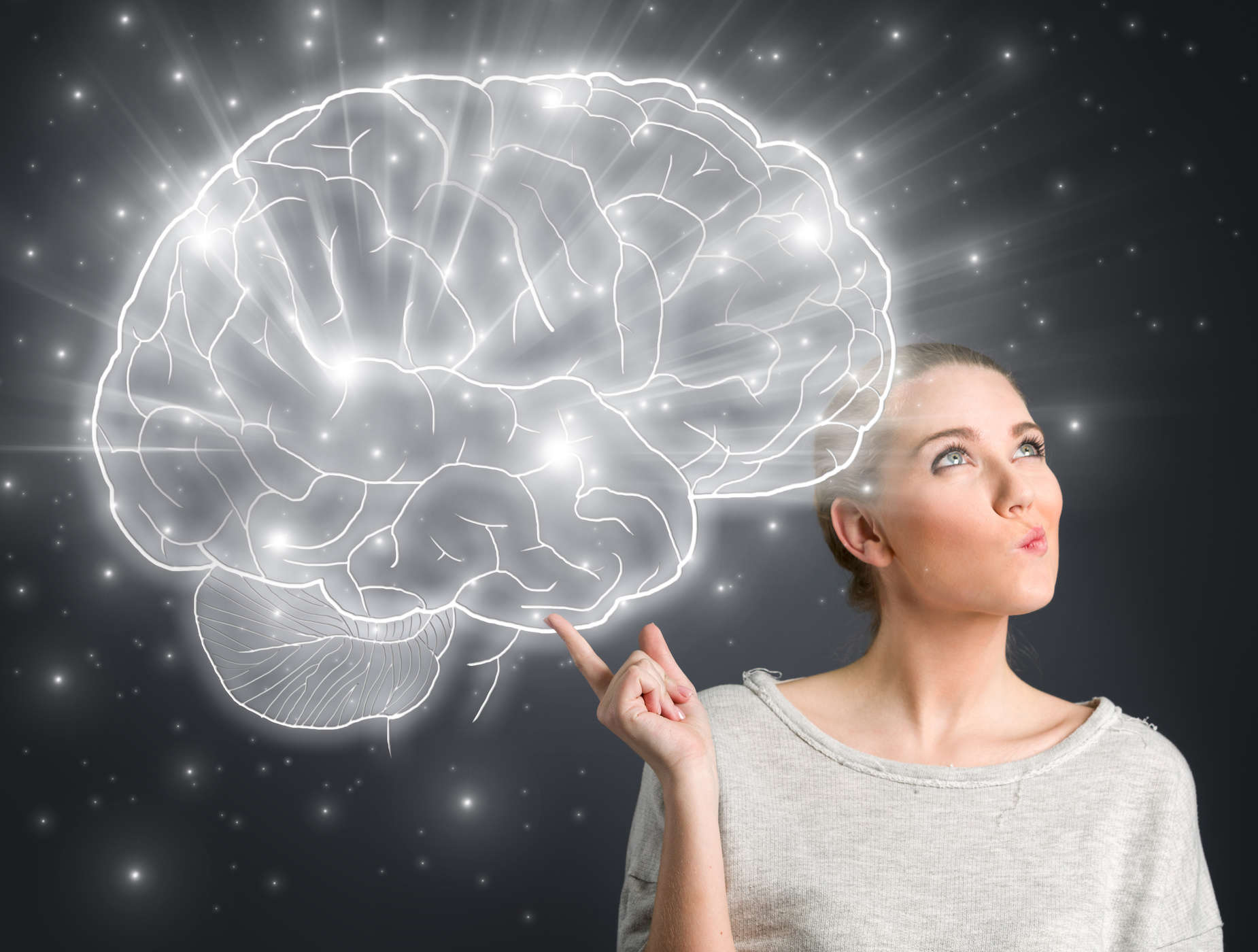Contents:
- Medical Video: Female Reproductive System - Menstrual Cycle, Hormones and Regulation
- Get to know a woman's menstrual cycle
- What is estrogen?
- Menstrual cycle and brain development
Medical Video: Female Reproductive System - Menstrual Cycle, Hormones and Regulation
Menstruation or menstruation is very influential on the physical and psychological conditions of women who experience it every month. The influence of the menstrual cycle that is often experienced by women includes abdominal cramps, lower back pain, mood swings, or the breast feels tighter. However, did you know that the menstrual cycle also affects the growth of a woman's brain? Not only regulates the reproductive system, the menstrual cycle also has a certain effect on brain function. Although the impact is not immediately felt in the body, you women who get menstruation every month should be grateful because the symptoms or complaints during menstruation that have been experienced so far is good for the development of your brain. Find out the full information below.
Get to know a woman's menstrual cycle
Normal menstrual cycles last for 21 to 35 days. In each woman or every month, the length of the menstrual cycle can vary. This can be influenced by several factors such as lifestyle, genetics, contraception, or your health condition.
During the menstrual cycle, your body will experience various processes of change that aim to prepare the pregnancy. If egg fertilization and pregnancy do not occur, you will get menstruation. Menstruation or menstruation itself occurs when the uterine wall is bleeding. Usually menstruation lasts for about 3 to 7 days. Your first day of menstruation is the first day of your menstrual cycle.
The women's monthly cycle is divided into three phases. The first phase is the follicular or preovulatory phase, namely the period before the egg is mature and fertilized. This phase starts from the first day you get your period until the 13th day. After that, you will enter the ovulation phase or the fertile period. This phase usually occurs 14 days from the first day of menstruation. This is the best opportunity to work on a pregnancy. Then you will enter the last phase of the luteal phase. The luteal phase lasts 13 to 16 days from the time you enter ovulation until the start of the next menstrual cycle or if the fertilized egg cell succeeds in sticking to the uterine wall so that pregnancy occurs.
There are many changes that occur in the body during the menstrual cycle. One of them is changes in hormone levels. The hormone that is very influential in this cycle is the hormone estrogen. Changes in estrogen levels in the body trigger various body reactions starting from pimples, sex drive decreases or increases, to form stronger bones.
What is estrogen?
Estrogen is a collection of hormones that are abundant in a woman's body. Men also have estrogen, but fewer. Estrogen consists of estron, estradiol, and estriol. In women, the most estrogen is produced by the ovary. The levels of the collection of hormones will usually peak at the end of the preovulatory phase and early in the ovulation phase. The main function of estrogen is regulating sexual and reproductive functions. However, it cannot be denied that estrogen can affect various other organs such as the brain, skin, skeleton, and muscles.
Menstrual cycle and brain development
Recently, many researchers have managed to find a direct relationship between a woman's menstrual cycle and brain development. One of them is a study published in Nature Scientific Reports. In the study carried out in Germany, experts observed estrogen levels and brain activity of 30 study participants for two months or two menstrual cycles. Apparently, when estrogen levels peak at the end of the preovulatory phase and at the beginning of the ovulation phase, the volume of the brain part called the hippocampus also increases. The hippocampus is responsible for storing memory, managing emotions, and regulating moods or mood. According to Claudia Barth, one of the experts involved in the study, this will affect women's behavior patterns.
In the Journal of Neuroscience, a study revealed that high levels of estrogen in the preovulatory phase can help women think more clearly, make wiser decisions, and control moods. This proves that a woman's brain works following her menstrual cycle. Every time through the preovulatory period and at the beginning of ovulation, a woman's brain will grow and develop according to estrogen levels in the body.
Other studies conducted by experts at the Northwestern University Department of Neurobiology and Physiology prove that the connection between brain nerves will increase by as much as 25% in times when estrogen levels peak. The more nerves the brain connects, the higher the communication and coordination that occurs in the brain. This allows increased memory and the ability to receive and process information. Thus, every menstrual cycle runs the brain will create new connections between nerves that are useful for the development of a woman's brain.
READ ALSO:
- 5 Simple Things That Turn Out to Be Good for the Brain
- What Happens When Astronauts Menstruation in Space?
- 5 Treatment Options for Overcoming Irregular Menstruation












